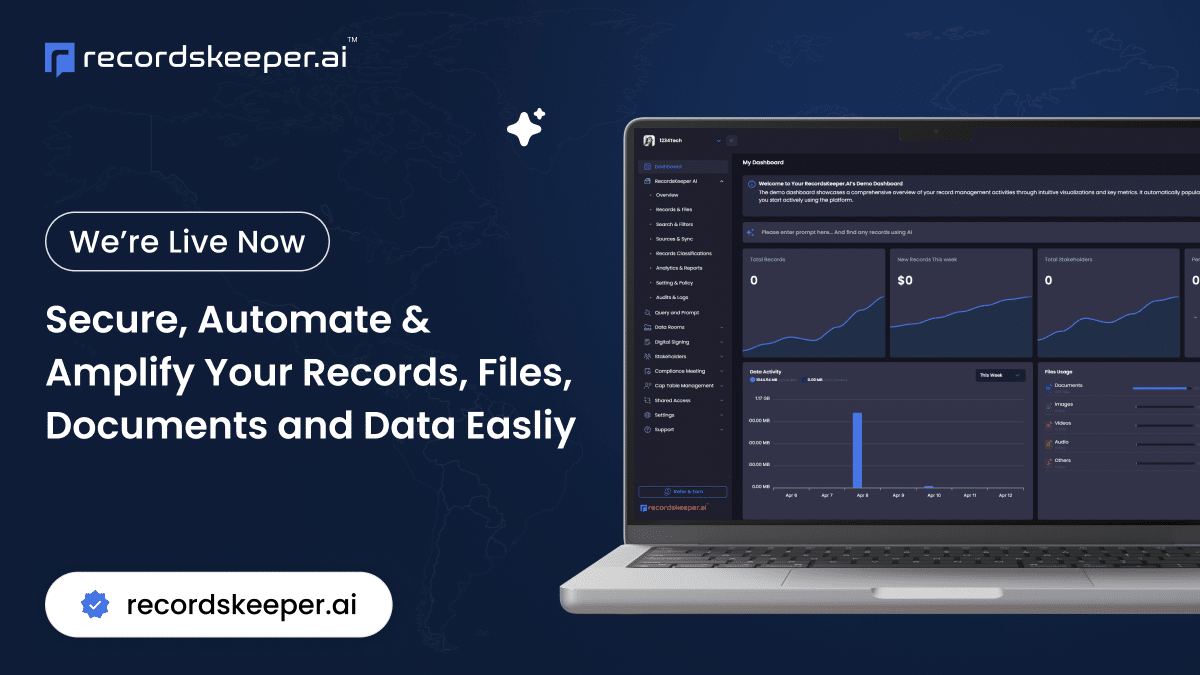As healthcare providers, making informed choices about Electronic Health Record (EHR) systems is imperative for both budget management and patient care excellence. Throughout my entrepreneurial journey with RecordsKeeper.AI, I have gained insights into various industry sectors, including healthcare, where intelligent record management is indispensable. Today, I’d like to delve into the critical aspect of EHR pricing and what you need to consider when selecting a system.
Understanding EHR Pricing Models
EHR pricing can be complicated, but grasping the different cost structures can empower decision-makers. Generally, the cost of EHR software depends on whether the system is cloud-based or on-premise, alongside the features offered.
On-Premise vs. Cloud-Based Systems
On-premise EHR systems typically involve a hefty upfront cost for hardware and software installation. Additionally, there are ongoing expenses like maintenance, updates, and IT support. On the other hand, cloud-based systems often follow a subscription model, making them less costly at the outset. These platforms offer the advantage of regular updates and lower IT involvement.
Payment Models and Pricing Structures
- Subscription-based Pricing: Generally involves a monthly or annual fee per user. Ideal for enterprises looking to manage expenses in a structured manner.
- Perpetual License: A one-time fee for lifetime use of the software. While it can be costlier initially, it may be economical in the long run, especially for mid-sized organizations.
- Pay-per-click: Charges based on the number of patients or transactions. This may benefit smaller practices with variable patient influx.
When evaluating these models, transparency regarding hidden costs is crucial. Ensure that the pricing model covers implementation, training, and support.
Factors Affecting the Cost of EHR Software
The pricing of EHR systems is influenced by various factors, each rendering a significant impact on your budget.
Feature Set and Customization
Comprehensive features like integrated billing, patient portals, telemedicine options, and analytics can enhance operational efficiency but might add to costs. Often, customization incurs additional charges, so it’s imperative to assess whether bespoke features align with your facility’s requirements.
User Licensing and Volume
Most vendors price their software based on the number of users. Understanding the exact number of users—and the potential for scaling—is crucial. Furthermore, systems catering to larger patient volumes may come with a premium price tag.
Negotiating the Best Deal
Striking the right balance between cost and value is essential when negotiating with EHR vendors. Here are some strategies to consider:
- Request detailed quotations comparing different pricing models.
- Explore bulk-purchase options or long-term contracts for discounts.
- Ask about packages that bundle essential features affordably.
My experience at RecordsKeeper.AI shows that personalized negotiation often results in better pricing structures, particularly when you leverage technology to streamline operations and negotiations.
Additional Costs to Consider
Despite transparent pricing models, there are often unforeseen costs that healthcare providers should be aware of:
- Implementation: Installation charges can vary depending on the complexity of the practice setup and system integration requirements.
- Training and Support: Properly training your staff and ensuring ongoing support is critical but may incur extra fees.
- Data Migration: Transferring existing records into a new EHR system is complex and may add to your budget.
The Strategic Advantage of Choosing the Right EHR System
The insights I’ve gleaned from blending AI and blockchain at RecordsKeeper.AI are parallel to the benefits of selecting the right EHR system. Both require a focus on automation, security, and compliance. By optimizing your choice of EHR, not only do you manage costs effectively, you also unlock the potential of technology to boost operational efficiency and improve patient outcomes.
For every healthcare organization, understanding EHR pricing isn’t just about financial prudence. It’s about optimizing your record management—a space I passionately advocate for. Dive deeper, consider all angles, and allow these insights to guide you. Embrace technology as your strategic partner and witness the transformation.
For more insights on leveraging technology to optimize record management efficiently and securely, I invite you to explore how RecordsKeeper.AI can serve your organization’s unique needs. Together, we can transcend record management hurdles and thrive in the digital landscape.








